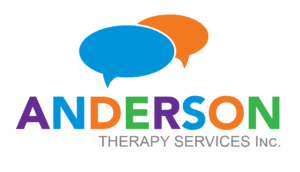Early Speech & Language Intervention: Why it’s important
You’ve probably heard before that “kids’ brains are like sponges”, soaking up information and experiences quickly. In fact, the first few years of life are a time of rapid brain development that affects linguistic, cognitive, emotional, social and motor development! These developments are foundational to the ability to communicate effectively with others, which directly impacts a child’s emotional and educational development.
With the first few years of learning being so important, early identification and intervention of speech, language and hearing disorders is absolutely crucial: the earlier a problem is identified, the better the outcomes of intervention.
Don’t “wait and see”
Great progress can be made if a child with a delay is identified as early as possible by a trained professional, and receives the extra support needed to develop the communication skills necessary for future success in their academic and personal lives.
Some parents may hear things like “your child will grow out of it” or “they will catch up eventually”. However, a “wait and see” approach can result in precious time being lost during this critical learning phase of their first few years of life.
Should I be concerned?
To ensure that your child receives the help they need, it’s important to be able to recognize key warning signs of language delay. Click on the link below to access a list of indicators that you should speak to a Speech-Language Pathologist.
http://www.hanen.org/Helpful-Info/When-You-Are-Concerned/Warning-Signs.aspx
If you have concerns about your child’s communication development, contact us to speak with a speech-language professional today. The Speech-Language Pathologists at Anderson Therapy Services are trained to assess and recognize communication delays and can offer advice and effective therapy programs to help support your child’s development, even at an early age.
Sources:
Capone Singleton, N. (2018). Late talkers: Why the wait-and-see approach is outdated. Pediatric Clinics of North America, 65(1), 13-29.
http://www.hanen.org/Helpful-Info/When-You-Are-Concerned/Starting-Early.aspx
https://www.sac-oac.ca/sac-work/early-identification-intervention






